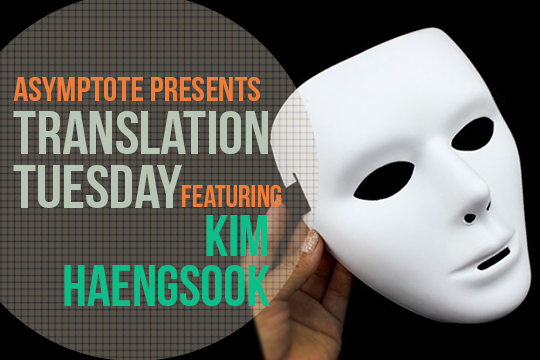Acclaimed poet Kim So-yeon weaves abstraction into longing in this week’s Translation Tuesday. Kim’s speaker examines the life of a Mathematician haunted by memories of intimate sensations: an embrace, a heartbeat, the sound of an imagined breath. Fragments of the Mathematician’s embodied experience are juxtaposed with jarring moments of disembodied calculation. This confluence of abstraction and sensation becomes existential as the process of dying is compared to a triangle, a line, even absolute pi. Between these mathematical similes, Kim deftly illustrates a life confined by rational linearity, but which also pines for the tangible, the organic, and the non-linear.
Mathematician’s Morning
I will die for a moment
like a triangle
Look around the quiet shadows of still objects
A birdcage starts moving around around



